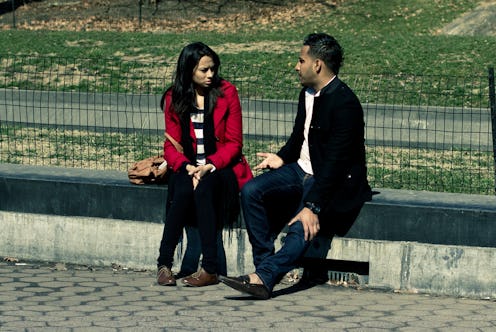Life
Today In Science: People Want Power in Relationships

Breaking news: You no longer need to feel guilty about that overwhelming urge to say "I told you so." Researchers have found that fighting couples don't just want the argument to go away with an apology. Instead, each partner wants to have more power.
The study, published in the Journal of Social and Clinical Psychology, asked almost 500 married participants to list their desired outcomes of a disagreement, whether it be a big conflict or a small spat. Highest on the list was relinquished power, followed, in order, by "to show investment, to stop adversarial behaviour, to communicate more, to give affection," and "to make an apology."
"We definitely respond to whether we gain or lose status," explained Keith Sanford, the psychologist leading the study. "When we feel criticized, we are likely to have underlying concerns about a perceived threat to status, and when that happens, we usually want a partner simply to disengage and back off."
People spend so much time worrying about who has the upper hand, and it's only surprising it took science so long to catch up. But the idea of seeking a power balance is not all bad: Always letting your partner have the last word is as dangerous as actively seeking the upper hand. Maybe if we reword "relinquished power" to a more equal and communicative "restored balance" we can all see the power struggle through a healthier lens. If we don't at least try, we risk ending up like George Costanza – feeling like we have "no hand."